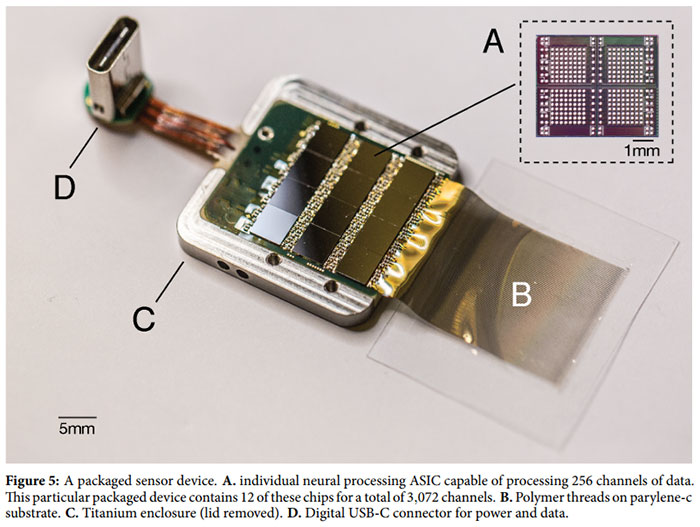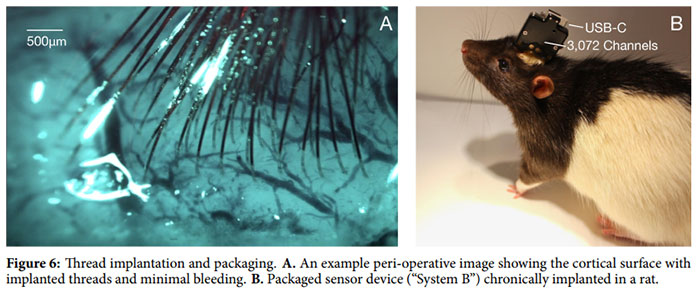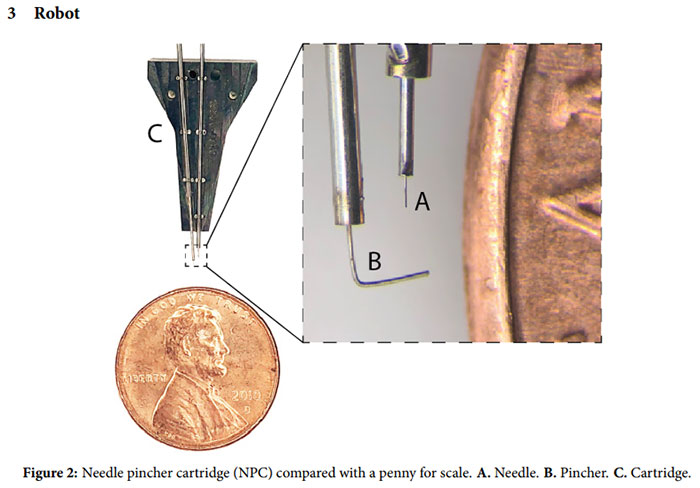Earlier this week Elon Musk launched Neuralink, a brain-machine interfaces (BMI) start-up he co-founded in 2017. The biggest news was that the firm is looking to start human trials of its technology next year. This isn't a trivial step though, as Neuralink technology requires an invasive procedure - drilling holes into the human brain and implanting threads that attach to a USB-C and Bluetooth connected chip.

Enabling a kind of telepathy
In case you are thinking this seems a step too far for PC, tech enthusiasts and console gamers, the target audience is people who are suffering from certain severe brain injuries (stroke, cancer lesion, congenital). Musk said on Tuesday that the Neuralink devices could go further though, enabling a king of telepathy. Musk's wider ambition is to "help secure humanity's future as a civilization relative to AI".

Neuralink's tech has already been tested in rats, and Musk talked about using this, or a related technology, with monkeys. "A monkey has been able to control the computer with his brain,” he said at a live streamed event in San Francisco.
Custom robot does the surgery
At this moment Neuralink is seeking US FDA approval to begin clinical trials on human subjects. While the process of drilling holes in brains, threading in tiny wires and connecting to computer SoCs sounds complicated if not dangerous, Neuralink says it is developing tech to make it routine. Neuralink has a custom robot that can do the handiwork and over time it reckons the process will be "as simple as laser-eye surgery," reports CNBC.

A recently published paper describing Neuralink's works says that its BMI is a high-bandwidth system with as many as 3,072 electrodes per array distributed across 96 threads. Furthermore, a single USB-C cable "provides full-bandwidth data streaming from the device, recording from all channels simultaneously".













